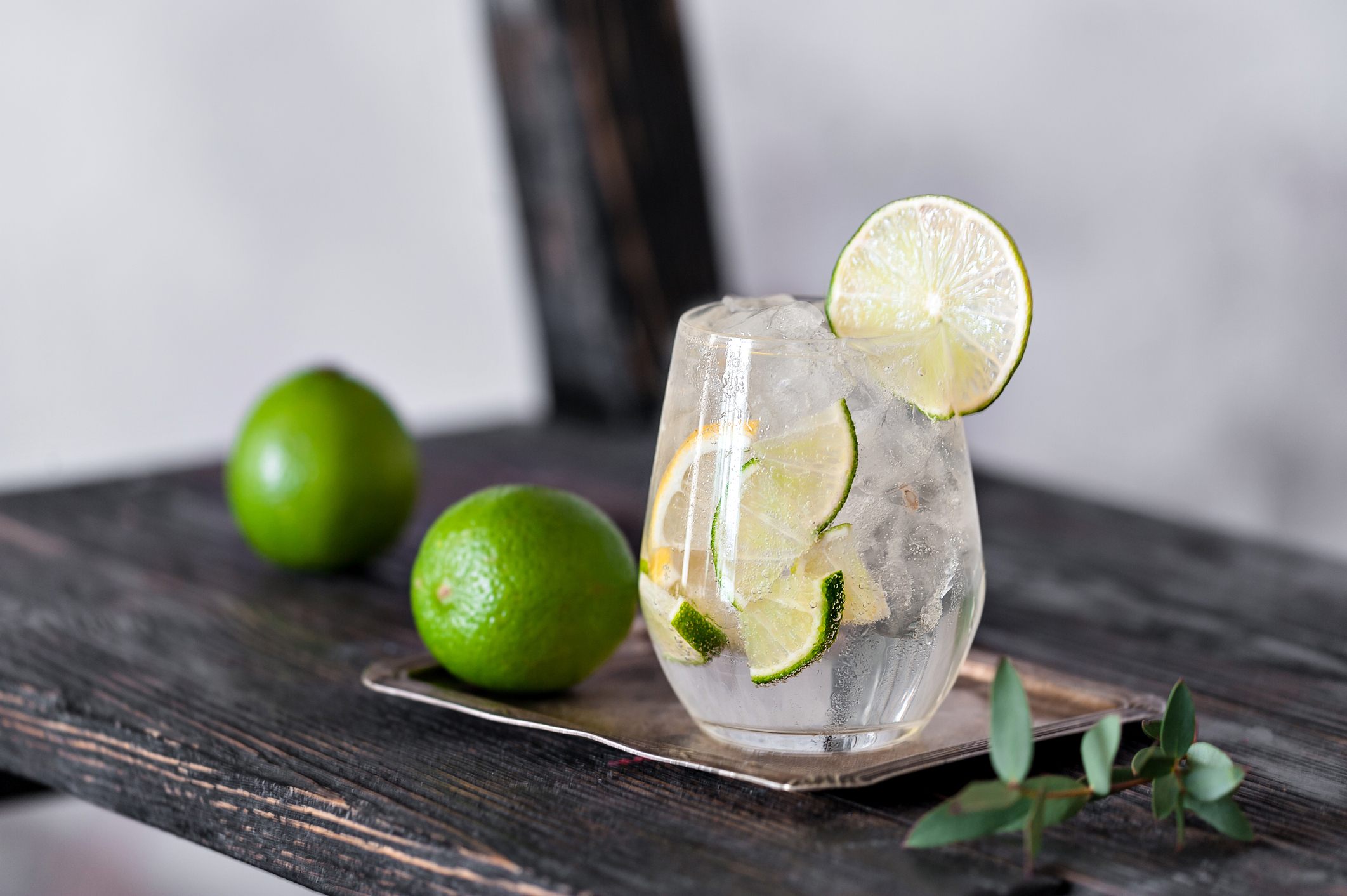
ONLINE ads that carried “light-hearted” comments about gin have been banned by a watchdog for encouraging excessive drinking and making misleading nutrition claims.
The Advertising Standards Authority (ASA) has upheld complaints about 10 Facebook posts from The Scottish Gin Society seen in December 2017 and January this year.
One social media ad featured an image of a glass of gin and tonic and read: “This gin and tonic has 91 calories. A banana has 105 calories. My doctor told me to make the healthy choice. I love my doctor.”
The caption stated: “Kick off your New Year diet with some good advice.”
Another example was captioned: “The medicinal qualities of gin are never-ending it seems… All the more reason to make sure you’re stocked up!”.
It included embedded text and an image from an editorial post about period pain.
A further post featured a picture of a glass of gin and tonic accompanied by the text: “I only drink gin on two occasions: When I’m thirsty and when I’m not thirsty”.
One ad, dated January 1, featured an image of the drink accompanied by the text: “Shut up liver, you’re fine! Gin?”
Other posts spoke about “making healthy choices”, referenced to an article about speeding up the metabolism, or suggested a man named “Bill” was smart for drinking gin instead of abstaining from alcohol during “dry January”.
Aberdeenshire Alcohol and Drug Partnership challenged whether the ads were irresponsible because they encouraged excessive drinking, implied alcohol had therapeutic qualities and questioned whether comparative nutrition claims complied with the relevant code.
It also claimed two posts, including one that suggested gin could “make you look better naked”, linked alcohol to sexual success.
The Scottish Gin Society said it did not consider the posts were advertisements and argued they did not fall within the code’s remit.
It also confirmed most of the content was from third-party posts and the posts had been removed from Facebook.
It said membership of the society was not monetised, it did not sell any products and was not paid to promote products.
The ASA considered the posts fell within the code’s remit and upheld the complaints.
For three of the postings, it ruled: “Although those viewing the posts would understand the intention behind them as light-hearted and humorous, we nonetheless considered they had the effect of condoning and encouraging excessive drinking.”
On the comparison between the calorific content of a gin and tonic and a banana, the ASA said: “We considered that alcoholic-mixed drinks and fruits did not fall into the same food category and therefore concluded that the comparative nutrition claim breached the code.”
For four other posts, the ASA acknowledged the captions were presented in a light-hearted tone, but concluded the code had been breached because the ads “suggested that gin had therapeutic qualities and could help to treat health conditions”.
It further found two ads it considered “had the effect of suggesting alcohol could enhance attractiveness and therefore lead to sexual success” had breached the code.
The ASA said it has told the society to ensure their future ads do not encourage the excessive consumption of alcohol, make health claims or imply that alcohol could enhance attractiveness.
“We welcomed The Scottish Gin Society’s action to remove the posts,” it added.

Enjoy the convenience of having The Sunday Post delivered as a digital ePaper straight to your smartphone, tablet or computer.
Subscribe for only £5.49 a month and enjoy all the benefits of the printed paper as a digital replica.
Subscribe